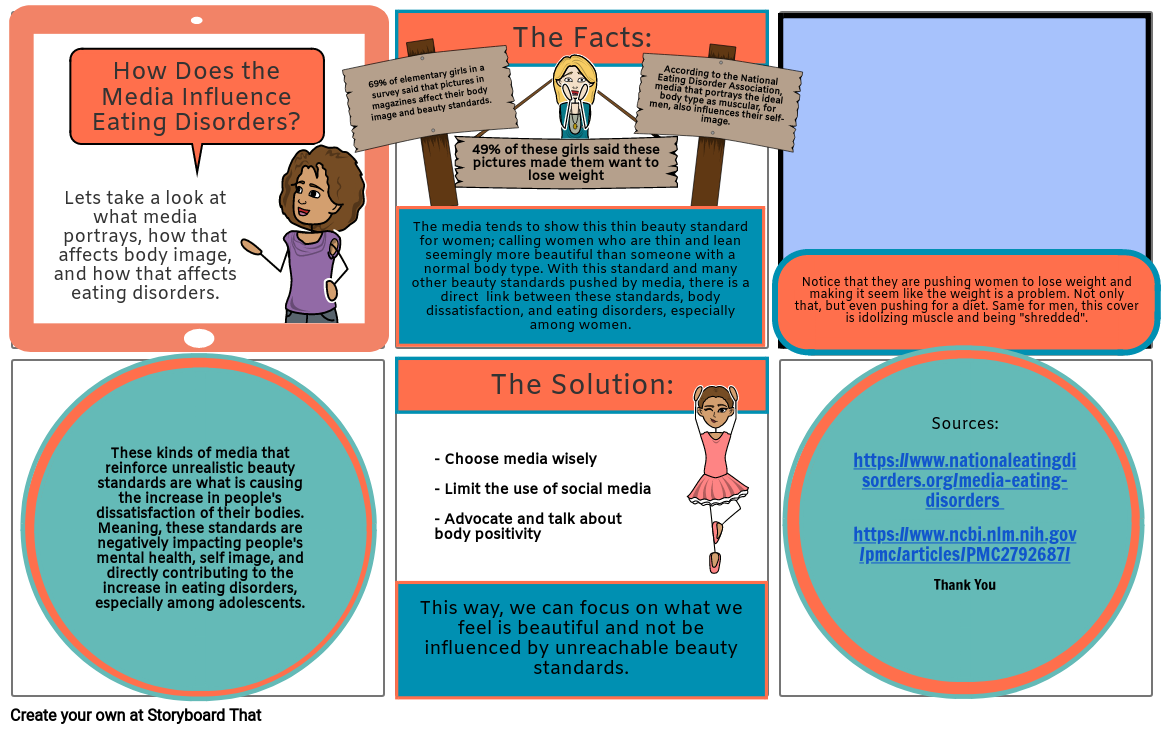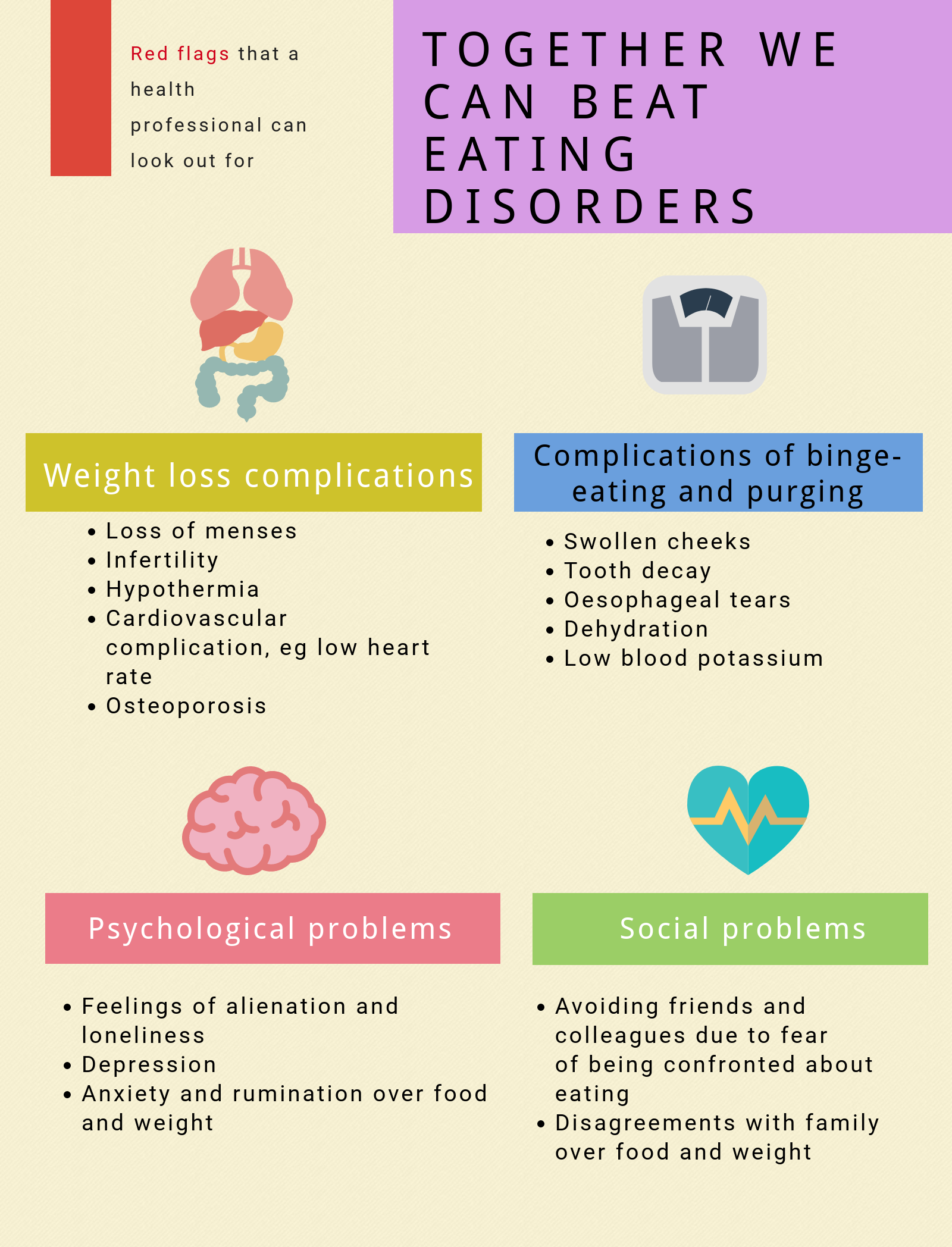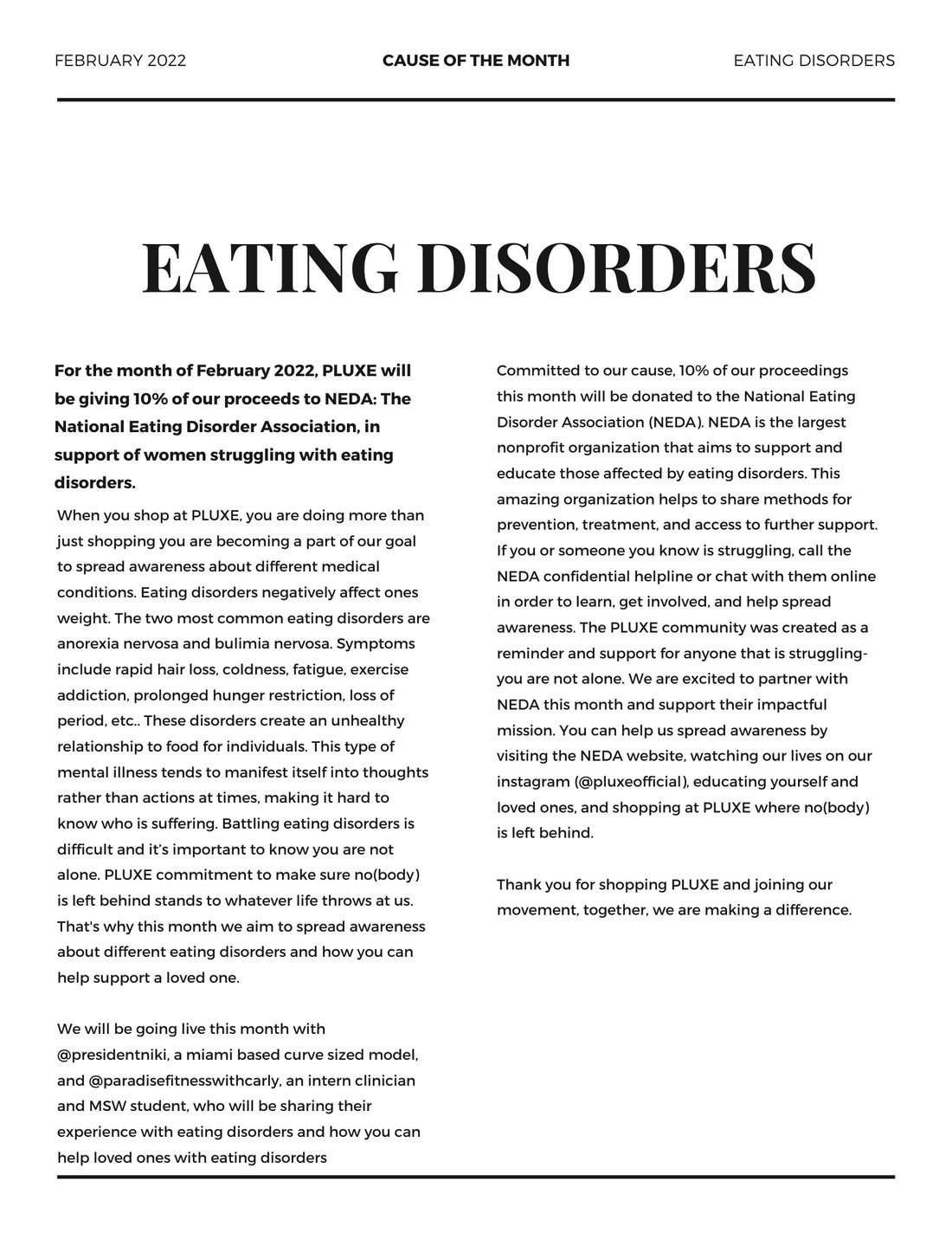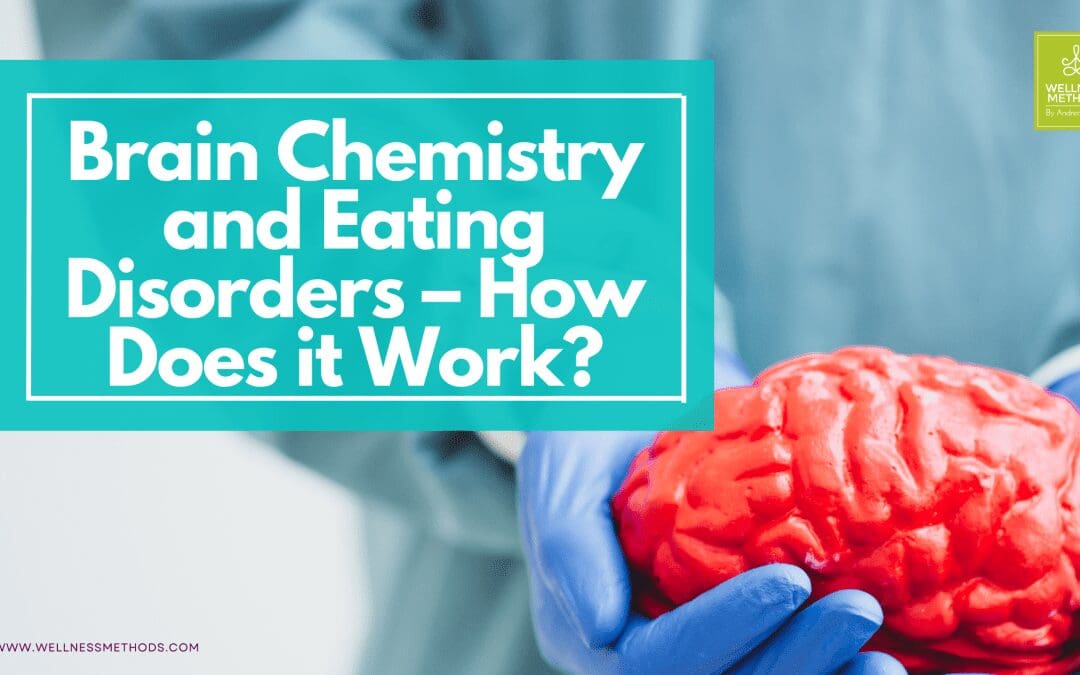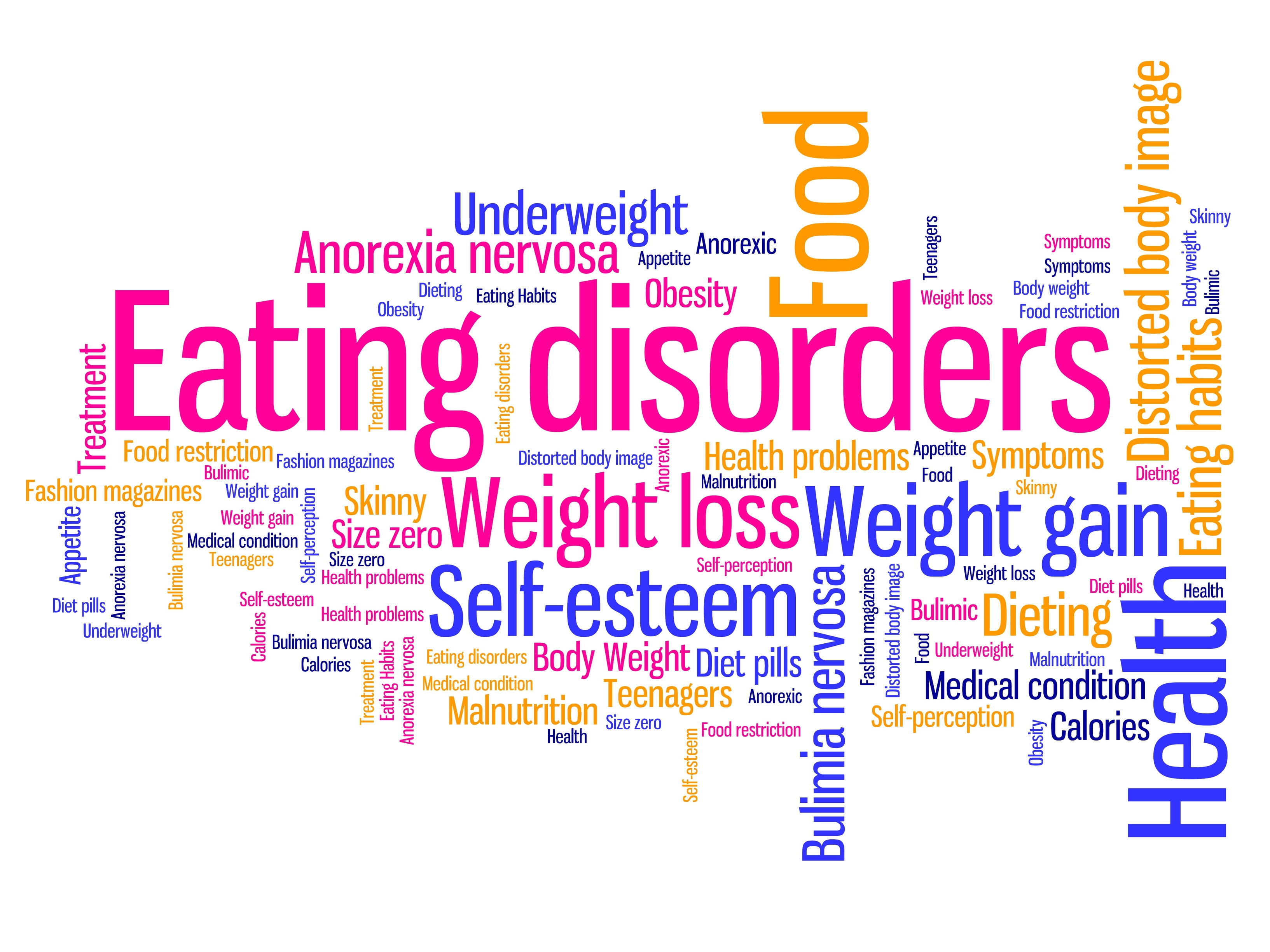Heartwarming Info About How To Detect Eating Disorders
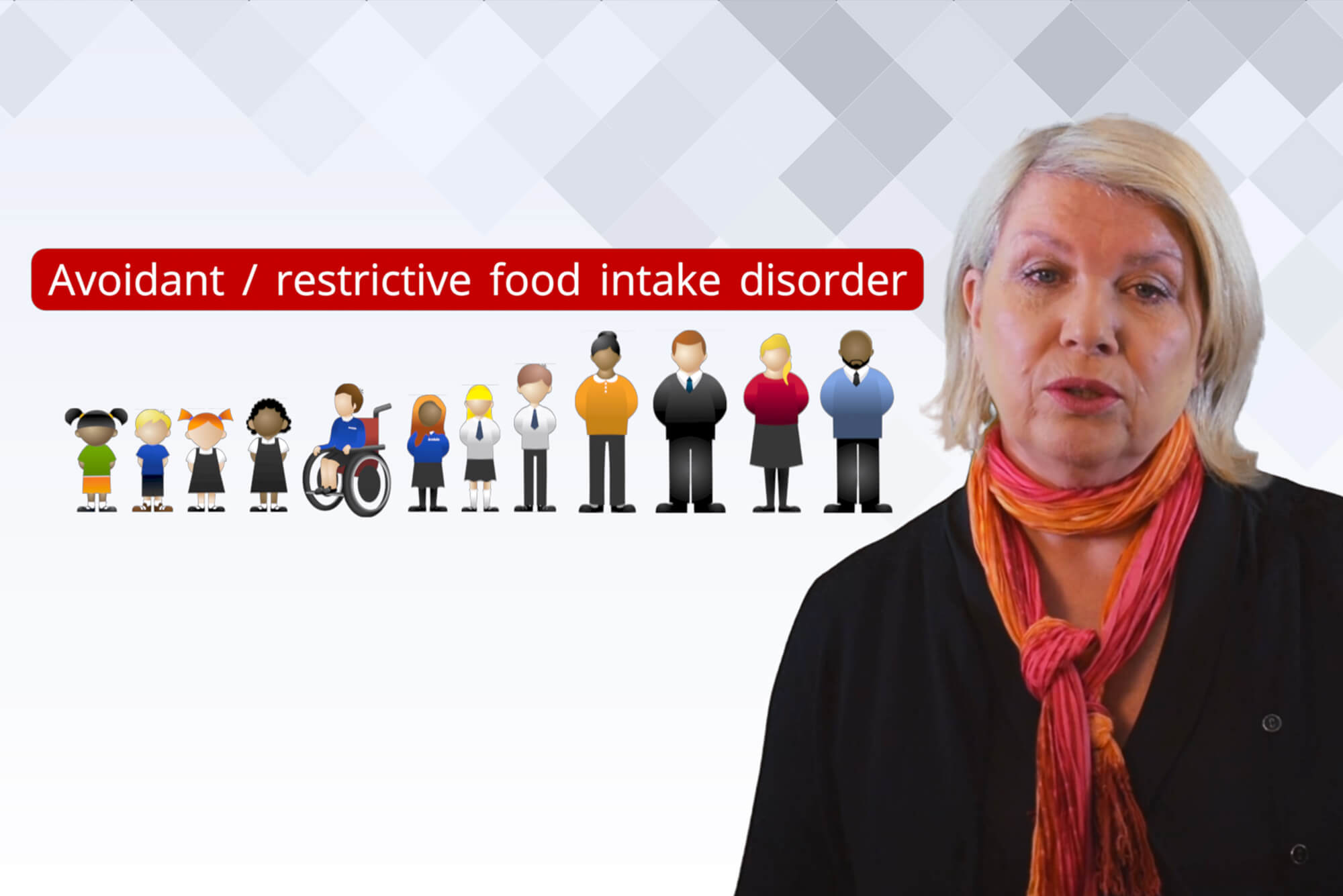
Fatigue — constantly feeling tired and not sleeping well.
How to detect eating disorders. You may see both your health care provider and a mental health professional for a diagnosis. Your doctor will also listen to your lungs and heart, since eating disorders can. Physical exam during a physical exam, your doctor will check your height, weight, and vital signs.
Anorexia nervosa anorexia nervosa is a condition where people avoid food, severely restrict food, or eat very small quantities. Start by noticing the signs of an eating disorder, such as: Becoming preoccupied with food, dieting and body shape.
More than 70 million people suffer from eating disorders. Typically characterized by weight loss, difficulties. Skipping meals, refusing to eat, or eating alone or in secret.
Being cold — even in warm weather. At magnolia creek, a team of highly trained eating disorder recovery professionals can provide you with the appropriate treatment for your loved one’s eating. To get a diagnosis, you may need:
Most eating disorders involve focusing too much on weight, body shape and. Getting treatment for an eating disorder. Learn healthier ways to cope with emotional pain.
Design a review of literature from 1994. By mayo clinic staff eating disorder treatment depends on your particular disorder and your symptoms. This eating disorder comes with extreme restrictions around the.
Many individuals with disordered eating habits are excessively concerned with body size,. Eating disorders are serious medical illnesses, and the way we talk about them matters. Some of the emotional signs of an eating disorder are:
Observe if there is a noticeable preoccupation with weight, calories, or food. Because doctors often overlook this possibility, men may. Different types of eating disorders have different symptoms, but each condition involves an extreme focus on issues related to food and eating, and some.
Family and friends play an important role in helping people with eating disorders get the help they need. Monitoring vital signs, such as heart rate, blood pressure, and body temperature, can help identify potential complications of eating disorders. Fainting/syncope feeling cold all the time sleep problems cuts and calluses across the top of finger joints (a result of inducing vomiting) dental problems dry skin and hair, and.
Here are some facts you can use from the @national institute of mental health (nimh). Feeling full after only a few mouthfuls and finding it hard to eat any more. One of the most noticeable physical signs of an eating disorder is a fluctuation in weight, either up or down.
